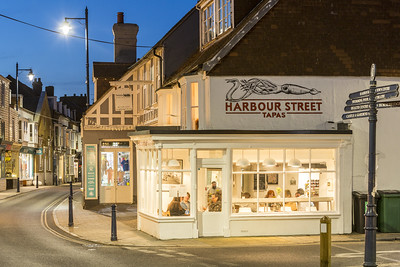1. Start with the Soil
First, choose the right terroir. The chalk-rich soil of the Kent Downs National Landscape here in Canterbury echo the soils of Champagne region of France—perfect for Chardonnay, Pinot Noir or Bacchus. It’s why sparkling wines from Kent’s vineyards today rival that of any vintage across the English Channel. Seek out sites with south-facing slopes, good drainage, and historic success in viticulture.
2. Plant for Legacy
Once the right land has been chosen, select resilient, high-yielding vine varieties suited to England’s comparatively cooler climate. Chardonnay and Pinot Noir (for sparkling) or aromatic Bacchus (for crisp, dry, still wines) give you both quality and reputation. Work with local experts to ensure healthy establishment and long-term vine management. The success of Kent’s wine sector has developed a deep seam of talent for viticulturists, focused on all aspects of wine production – from vineyard management and soil health to pest control and harvesting.
3. Build a Local Ecosystem
Scaling isn’t just about acreage – it’s about infrastructure. Kent and the wider South East of England is home to contract services for winemaking, bottling, and storage. Partner with regional providers that offer flexible support, from small-batch winemaking to full production runs. Efficient logistics – from vineyard to chillers to cellars – can make all the difference.
4. Improve Your Performance with funding
At this growth stage, capital matters. Explore government and regional grants to support business growth and innovation. Connect with your local councils and investment boards. Our partners at Locate in Kent can signpost you to support available.
5. Expand Production with caution
As output grows, it’s best to scale operations in phases. Build or partner with bottling hubs that can accommodate demand. If you’re targeting global markets, plan accordingly—but remain agile enough to respond to market shifts.
6. Tap into excellence and endorsement
Regional, national or international validation goes a long way. Partnerships or recognition from renowned houses or estates can elevate your brand credibility. Cultivate collaborations, white-label agreements, or joint projects to signal confidence and capture attention.
7. Invite the World In
Wine is best enjoyed with context – associating your product with memorable experiences. Tap into established wine festivals, local gastronomy routes, and cultural tourism. Use regional events to launch new vintages, build buzz and connect with trade and consumers alike.
8. Lead with story and sustainability
Tell your vineyard’s story through place, heritage, and sustainability. Leverage the charm of your chosen location—historic villages, scenic landscapes, tourism trails—to enhance brand identity. Combined with sustainable practices, storytelling this will all helps convert discerning visitors into long-term customers.
Scaling a wine business in Canterbury or the wider county of Kent isn’t just about planting more vines – it’s about nurturing a sustainable ecosystem. From chalk-rich soil and robust varieties to infrastructure, funding, partnerships, and tourism appeal, each step builds momentum. Raising your ambition is just the start. Let your chosen location do the rest.


